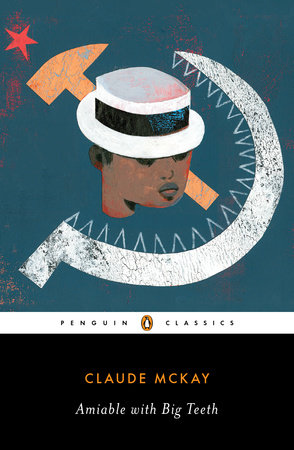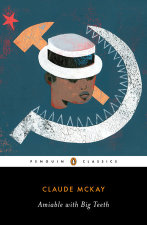Amiable with Big Teeth

A monumental literary event: the newly discovered final novel by seminal Harlem Renaissance writer Claude McKay, a rich and multilayered portrayal of life in 1930s Harlem and a historical protest for black freedom
One of The Atlantic’s Great American Novels of the Past 100 Years
The unexpected discovery in 2009 of a completed manuscript of Claude McKay’s final novel was celebrated as one of the most significant literary events in recent years. Building on the already extraordinary legacy of McKay’s life and work, this colorful, dramatic novel centers on the efforts by Harlem intelligentsia to organize support for the liberation of fascist-controlled Ethiopia, a crucial but largely forgotten event in American history. At once a penetrating satire of political machinations in…
Claude McKay (1889–1948), born Festus Claudius McKay, is widely regarded as one of the most important literary and political writers of the interwar period and the Harlem Renaissance. Born in Jamaica, he moved to the U.S. in 1912 to study at the Tuskegee Institute. In 1928, he published his most famous novel, Home to Harlem, which won the Harmon Gold Award for Literature. He also published two other novels, Banjo and Banana Bottom, as well as a collection of short stories, Gingertown, two autobiographical books, A Long Way from Home and My Green Hills of Jamaica, and a work of nonfiction, Harlem: Negro Metropolis. His Selected Poems was published posthumously, and in 1977 he was named the national poet of Jamaica.
Brent Hayes Edwards is a professor in the Department of English and Comparative Literature…




